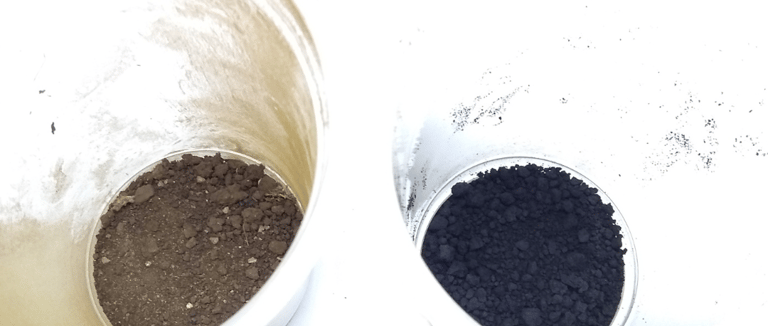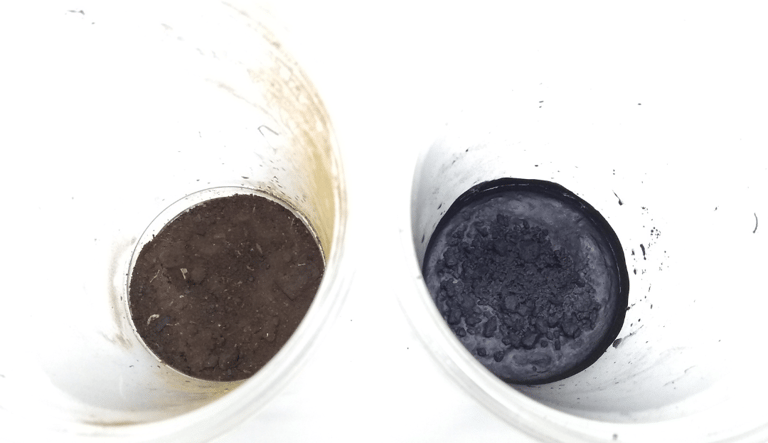Phase 1 completion: Pure clay conversion to black soil.
Discover how Kenna Life Sciences is developing a proprietary protocol for converting pure clay into fertile black soil through a green, energy efficient process.
3/16/20252 min read




Through a green, energy efficient process consisting of a chemical fermentation stage, photo-thermal chelation stage and a dry chelation stage, we are now able to augment the properties of pure clay to produce a black soil that mimics the characteristics of soil when dry and wet. Furthermore, through augmentation of the chelation stage, we can alter the water holding capacity of the converted black soil. This inturn allows us the possibility to produce crop specific, and climate specific soil to enhance agricultural yields.
Notable positives of our converted black soil include:
A 100% plant based formulation.
Very low microbial content, this allows for the possibility of crop specific microbe inoculation.
Asbestos free.
Pesticide, herbicide and insecticide free.
Little, to no Phthalates (purely subjective to the purity of starting materials).
Crop and climate specific water holding capacity.
Notable positives of our pure clay to black soil conversion protocol:
Highly energy efficient, due to the process relying on step specific chemical reactions.
No hazardous materials or solvents are used.
Zero plastic is used.
All equipment is reusable (zero waste).
Fig 1. Comparison between a dry soil sample (left) and a dry converted black soil (right).
Fig 2. A comparison of wet soil (left) and wet converted black soil (right), the black soil of which has successfully passed the dehydration/ rehydration test.
Moving into phase 2:
Phase 2 will focus on exploring the future directions below in order to enhance product quality, and versatility which will improve the chances of commercial viability:
Small scale testing of the converted black soil combined with inorganic nutrients to grow crops (wheat, beans and potatoes).
Enhancing the protocol to produce a black soil of varying pore size, this will provide greater aeration and rehydration/dehydration properties.
Testing the ability of earthworms to harbor and populate the converted black soil for organic/biodynamic agriculture.
PLANT science
Nutritional biochemistry CONSULTANCY
Dovegrow
© 2025. All rights reserved.
information
NUTRITION EDUCATION


